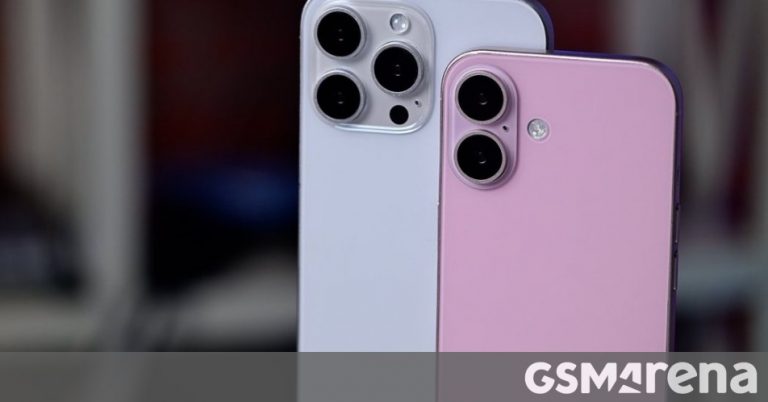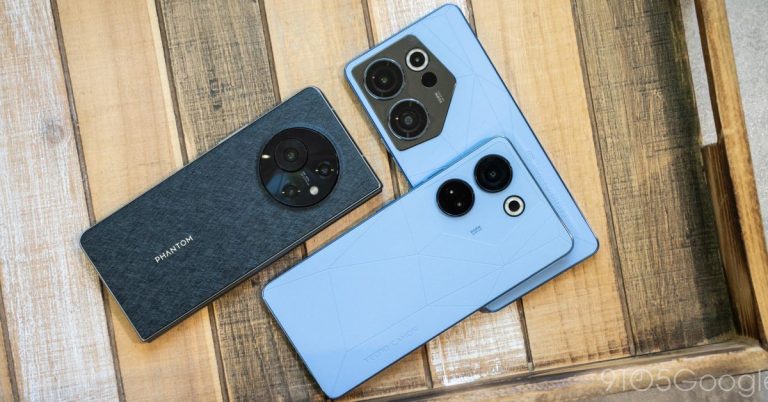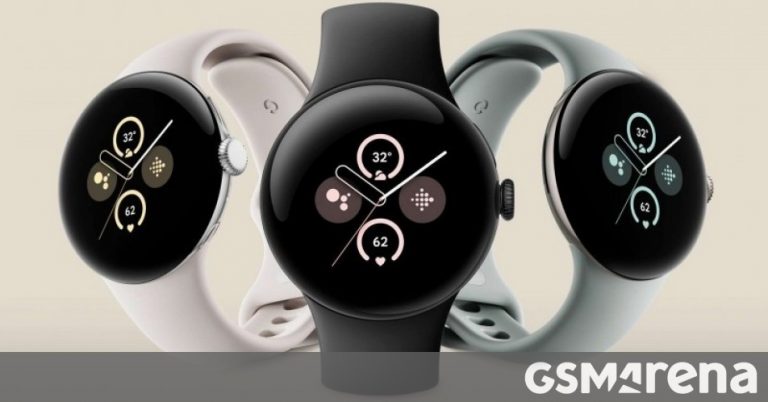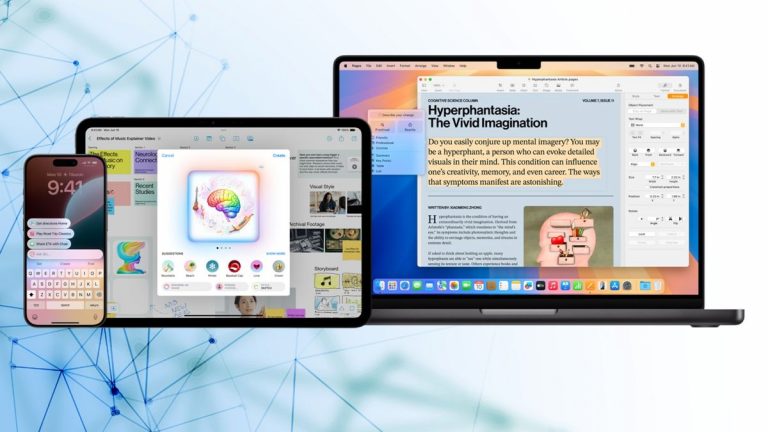Uncover the Shocking Truth Behind SpaceX’s Secret Deal to Sabotage T-Mobile’s 5G Leadership

European Telecom Operators Join Forces Against T-Mobile and SpaceX’s Direct-to-Cell Service
The space race just got a little more competitive, and European telecom operators are not sitting idly by. As T-Mobile and SpaceX work on bringing direct-to-cellular services to the masses, four major European carriers have bandied together to express their concerns to the Federal Communications Commission (FCC). But in the heat of the battle, SpaceX might have inadvertently thrown T-Mobile under the bus.
The Power Play
The FCC has strict regulations when it comes to the maximum power flux density (PFD) of satellite services. SpaceX, in an effort to bypass these rules, has asked the commission to relax its -120 dBW/m2/MHz aggregate PFD limit. However, T-Mobile’s American rivals, along with European telecom operators Orange, PPF Telecom Group, Telefónica, Telenor, United Group, and Vodafone, have penned a joint letter to the FCC to stress the importance of keeping the current PFD limit in place. They fear that a relaxation of these rules could lead to harmful interference with their services.
A Battle of Words
SpaceX, the company behind Starlink satellites, has countered by saying that its satellites are not a threat to the services of other providers. Instead, they’re claiming that their technology is essential to providing reliable and efficient direct-to-cellular services during emergencies, citing their deployment of Starlink kits in areas affected by Hurricane Helene. But, they’ve also taken a stab at the foreign-backed European companies that have partnerships with AST SpaceMobile, like Orange, Telefónica, and Vodafone. SpaceX has accused these European investors of wanting to slow down its progress and put the US at a disadvantage in the global market.
A Slick Twist
In an ironic move, SpaceX has warned the FCC not to bow to the demands of foreign operators, forgetting that T-Mobile is owned by Deutsche Telekom, a German company. This might not sway the FCC’s decision, but it could be seen as a convenient oversight given the company’s close relationship with T-Mobile.
As the battle rages on, it remains to be seen how the FCC will respond to SpaceX’s proposal. One thing is clear, however – the landscape of direct-to-cellular services is getting more competitive by the day, and European telecom operators are no longer willing to sit back and let others dictate the rules of the game.






